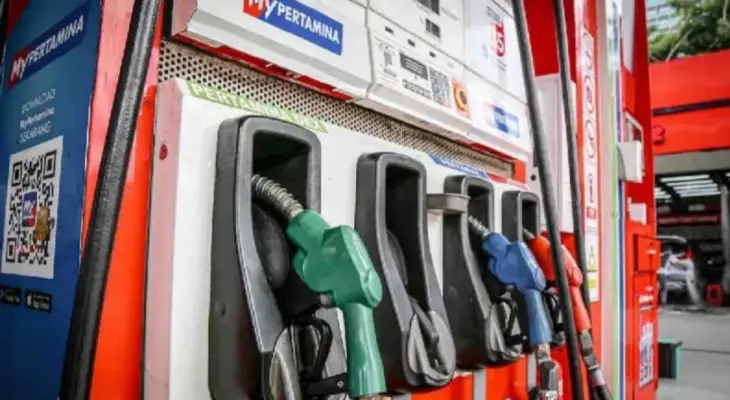It Could Be a Serious Problem! Here's What Experts Say About Using Fuel That Doesn't Match Engine Specifications

Holiday Ayo - Many vehicle owners may still choose fuel based on price, without considering the engine's technical requirements.
However, according to automotive expert Yannes Martinus Pasaribu from the Bandung Institute of Technology (ITB), using fuel that doesn't meet engine specifications can seriously impact vehicle performance and durability.
"Every engine has its own technical characteristics, especially the compression ratio, which determines its fuel requirements," he explained on Friday (October 31st), as quoted by Antara.
Yannes explained that modern engines with high compression ratios technically require high-octane fuel to resist premature combustion due to the high pressure in the combustion chamber.
If the fuel used has an octane rating (RON) below the manufacturer's recommendation, the engine is at risk of knocking or "snapping."
The risk of "snapping" and engine damage. Knocking occurs when fuel ignites too quickly due to high pressure in the cylinder.
As a result, the piston experiences shocks at the wrong time, causing vibrations and reducing engine power.
"If forced to continue, the constant impact caused by premature detonation can cause piston cracks or even holes," explained Yannes.
Besides decreasing performance, this condition can shorten the lifespan of engine components and increase maintenance costs.
On the other hand, using fuel with an octane rating that is too high for a low-compression engine is also not recommended.
Yannes explained that high-octane fuel is designed to be more difficult to ignite to withstand high pressure.
However, in older engines or those with low compression, combustion is not complete.
"The result is wasteful fuel consumption, reduced power, and carbon deposits in the combustion chamber," he said.
According to Yannes, choosing fuel according to the manufacturer's recommendations is an important step in maintaining fuel efficiency, optimal power, and engine durability.
He emphasized that using fuel that does not meet specifications not only reduces vehicle performance but is also detrimental economically.
"Using high-octane gasoline in an engine that doesn't require it only costs us more for no benefit," Yannes said.
In other words, understanding vehicle engine specifications and choosing the right fuel is not just a matter of efficiency, but also a long-term investment to maintain vehicle performance and durability.








Leave a comment